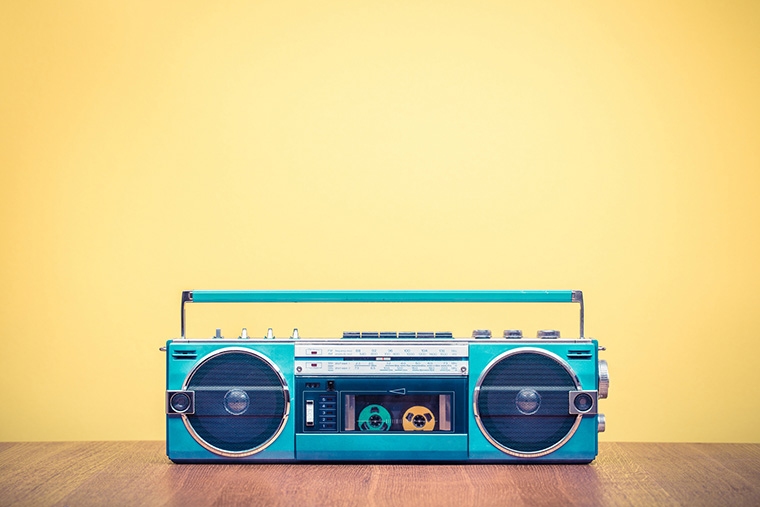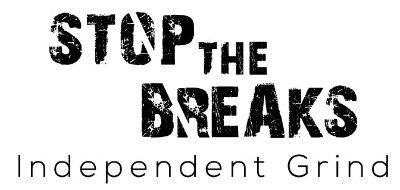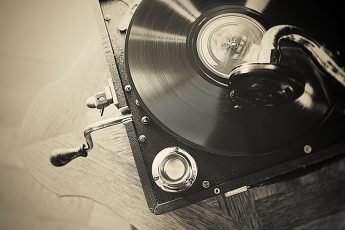
There is no direct proof that music affects memory. Right up until the Middle Ages music was a regular part of education. It was taught alongside arithmetic, mathematics, astronomy, geometry and other disciplines.
Today there is hardly a person that has never felt the joy of music. It presents in the everyday life of every person. Its positive effect is out of the question. People are wearing headphones on the streets, workplaces, during the workout, in the morning and before going to portable folding bed. How can different music genres affect the ability to remember things better?
Learn to play a musical instrument
Studies have shown that playing a musical instrument can make a person smarter. It positively affects cognitive and social development. Children who had at least three years of instrumental music training perform better than their non-musical counterparts.
It may happen because decoding written music might increasing reading ability and visual pattern recognition. Memorizing parties is a part of the process. Therefore children who have studied music have a stronger memorizing ability.
Music helps to memorize repeated patterns
There is no best music for memory. No matter which genre you prefer, your brain activates the same brain regions which are involved in the movement, motor planning, attention, and the auditory cortex.
It recognizes patterns and repeats it creating an inner rhythm that is synchronized with the musical one. Therefore you can memorize the activity better. When learning a speech, you can develop the rhythm os the text, and it will improve the memorizing process.
Together with the bit, you can learn a certain movement. It makes memory work more efficient. Try to repeat dance movements without the beat, and you will understand the difference.
Dopamine boost
Music activates pathways within a complex structure called the limbic system. It is buried beneath the surface of the brain and is involved in learning and memory. It also controls emotional responses.
Music has an impact not only on the activity of certain parts of the brain. It can affect neurotransmitters, hormone systems and as a result, even impact the human immune system in a certain way.
A dose of dopamine is released on the peak of the emotional raise of the song. Music stimulates the reward and pleasure center. It can also be stimulated when having sex. In other words, by encouraging yourself with a dopamine dose, your brain is telling you “Good job! Do it again!”.
Dopamine is a neurotransmitter that is involved in many pathways of your brain. They include:
- process information
- motivation
- attention
- movement
- addiction
How to use when studying?
You can use this trick for learning and memorizing materials. For example, put on a favorite song that makes you emotional and starts learning new words or pieces of information. It will build strong associations.
Next time you hear the song, you will remember all the materials you’ve learned that way. Instead of writing conspectus, pay someone to write my paper cheap and start experimenting with your brain. This method doesn’t have any scientific proof, but it is definitely worth trying.
The chemistry behind the music therapy
When you perform a social task, the one, that requires empathy and understanding some else’s feelings, the same brain area is active when you are listening to a piece of pleasurable music. Moreover, when people sing together, there is an oxytocin boost in their bloodstream.
Oxytocin is a neurotransmitter that is responsible for trust. It also produced when hugging; mothers have oxytocin boost when giving birth. Musicians have it when improvising together. Another hormone that music can awake is cortisol. It is well known as a stress hormone and a pain killer.
The mood of the song matters a lot. When listening to sad music, you are boosting yourself with negative emotions that make your study or working ability lower. When listening to happy music, you are become not only a happy person but also improve your memory.
Classical music for awaking memories
Music can unlock memories in people with dementia; for example, those with Alzheimer’s disease. It can also be used for the treatment of certain developmental disorders such as autism. Classical music works great for visual attention in stroke patients with unilateral neglect.
It awoke movement. A study has tested how silence, white noise, and classical music affected these patients. Classical music had the most positive effect. Silence resulted in the worst scores. Noise is good for visual attention, but nothing can be compared to classical music.
Which genre affects memory better?
Scientists didn’t recognize a certain connection between genres of music and the level of the impact. Neither they found proof that music improves memory. However, it is important to choose the one that meets the emotional response the most.
Choose the one that you like. This criterion is the most important for improving memory abilities. Learn to play a musical instrument, and you will boost not only memory but other activities as well.



